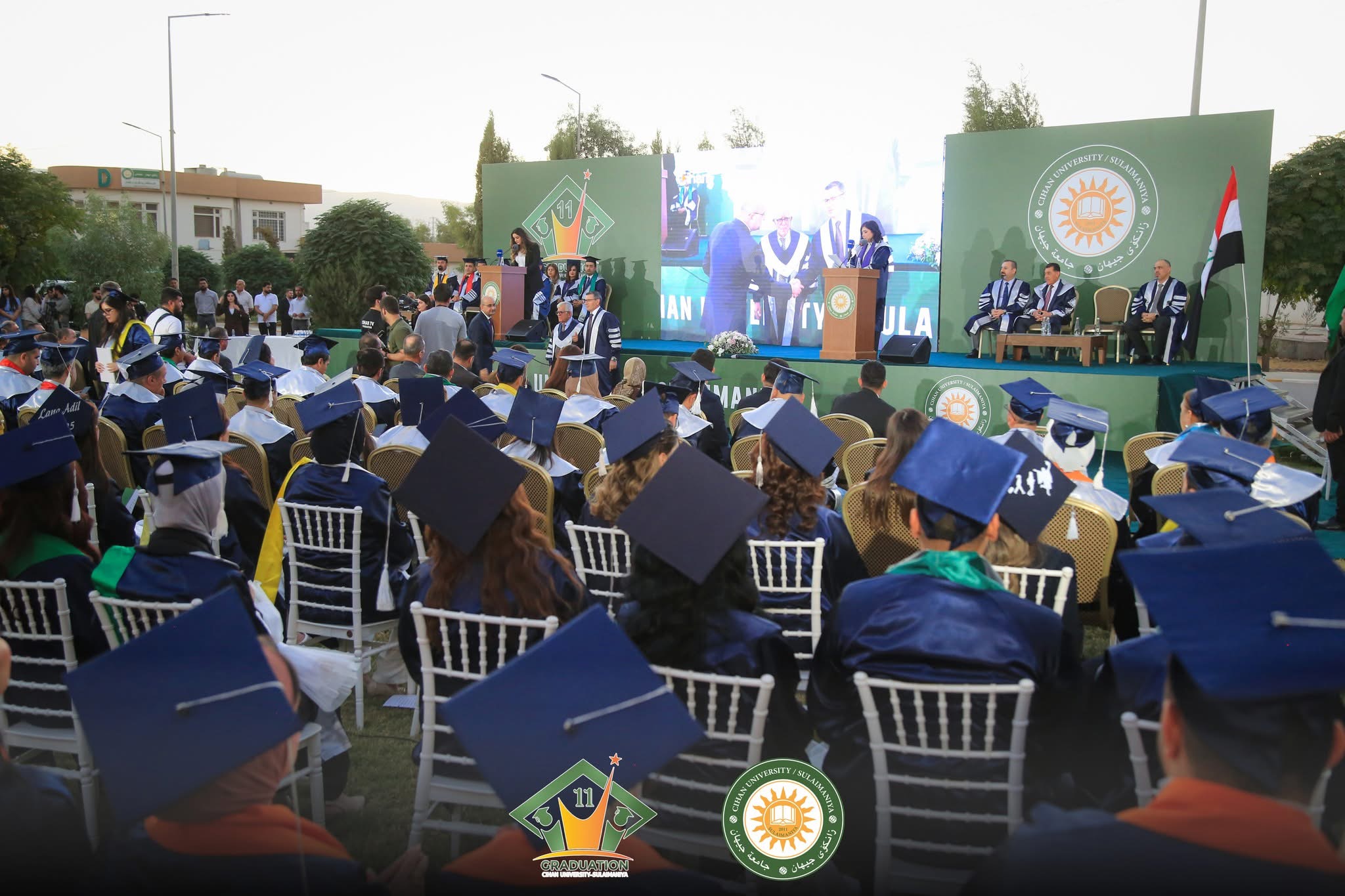Every year, 12th-grade graduates face a strategic question: Which college, department, and specialization should I pursue? It’s a difficult question that requires a completely realistic and appropriate answer.
The Kurdistan Region has a young population. Annually, tens of thousands of young men and women graduate from public and private universities and institutes. Each becomes the holder of a bachelor’s degree or diploma in various specializations. However, only a small percentage of these graduates can find work, due to several problems—the most important being the weakness of the Region’s job market.
Recently, the Kurdistan Regional Government’s Ministry of Higher Education announced that 57,980 graduates from the scientific, literary, vocational, and international school sections can submit applications through the university system for 680 departments across three types of education (standard, parallel, and evening studies) for the 2025-2026 academic year at 16 public universities in the Kurdistan Region.
What’s important and worthy of consultation and decision-making for high school graduates is to study or obtain a specialization that will ensure they won’t regret it in the future—at least to some extent. For most students, this opportunity comes only once, and they need to make their final decision carefully and consciously. Therefore, it’s crucial to be meticulous in choosing, because it determines one’s profession, passion, and future.
For all these young people to be able to compete in the arena of work, profession, and the job market in the future, we believe the decision about any department and specialization should be based on these three dimensions:
First: Passion and desire. It’s very important that students consider their own passion, desire, and special interests as the primary basis for decision-making. At the same time, parents need to respect this principle in their children, because a specialization without the person’s passion and desire has a very low success rate.
Second: Skills and abilities. Today, skills and self-abilities take precedence over certificates. A student’s skills—sometimes innate and often acquired through courses and training—are another key dimension for deciding on the type of specialization.
Third: The job market. The important and main dimension from parents’ perspective is the job market. Certainly, it’s important and necessary to carefully consider this strategic dimension, because the certificate itself and the type of specialization are connected to the future life and livelihood of certificate holders. It’s very important to carefully consider those departments and specializations that have a market now and in the future, and to take them into account.
Why Are These Three Dimensions Important?
First: Valuing the certificate, because when a person studies according to their passion and interests and knows their abilities, the certificate becomes valuable to them.
Second: Appreciating the university and the college and department they study in.
Third: Valuing the profession and the person’s character in the future.
- The Region’s job market is weak and unstable, especially for certificate holders. Most of the time, a certificate doesn’t have that much value for obtaining a job; rather, the person’s skills and expertise are what matter, particularly in vocational jobs.



